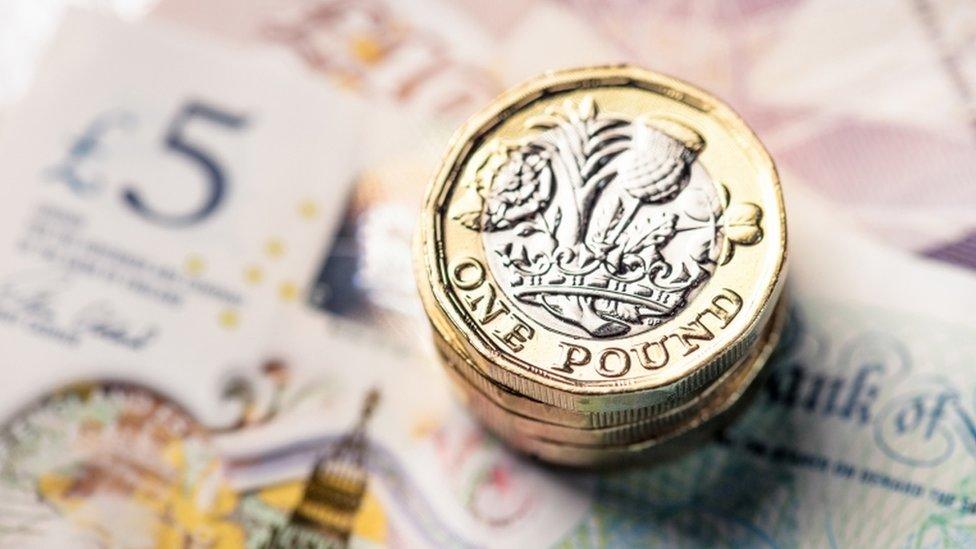Contactless payments dominated as lockdowns eased
- Published
- comments
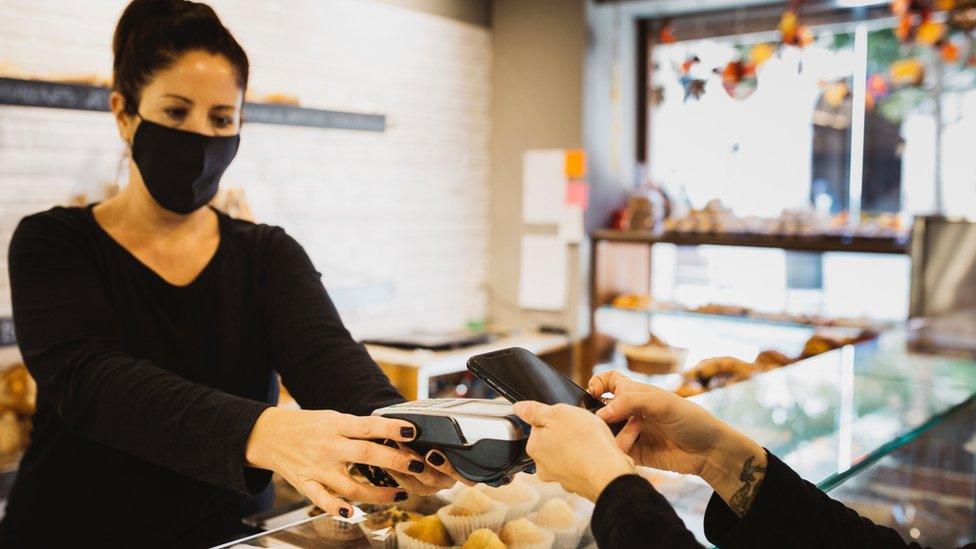
The pandemic has changed the way we pay for things
Payments using contactless cards surged as the UK emerged from lockdowns and consumers started spending again.
The number of purchases made in May via contactless technology doubled compared with the same month a year earlier, and was up 50% on May 2019.
Some 65% of purchases on debit cards were made in this way.
Many retailers have encouraged shoppers to pay via contactless cards during the pandemic, hoping it protects staff from close contact with customers.
The contactless limit per transaction is £45, but there are plans to raise this to £100.
Spending returns
The gradual easing of Covid restrictions has led to renewed spending in shops, restaurants, and entertainment venues.
That led, inevitably, to greater use of debit and credit cards, according to data from banking trade body UK Finance.
There were 1.7 billion debit card transactions in May by UK cardholders, the figures show, a rise of 43% on last May when Covid restrictions were tighter.
Signs of a return to more "normal" levels of transactions are shown by the 6% rise on transactions compared with May 2019. The total amount spent was £57bn - 18% up on last May and 9% higher than May 2019.
Spending on credit cards also rose over the same periods.
While the amount owed on credit cards has shrunk by 8% over the year to the end of May, there are signs of increased new borrowing.
In the month of May itself, credit card borrowing outstripped repayments by £491m.
That, in part, may be the result of people booking summer holidays on credit cards owing to the extra consumer protection they provide.
However, debt charities have warned that some people may find themselves in an unmanageable cycle of debt as government financial support for individuals during the Covid crisis is withdrawn.
Related topics
- Published16 June 2021
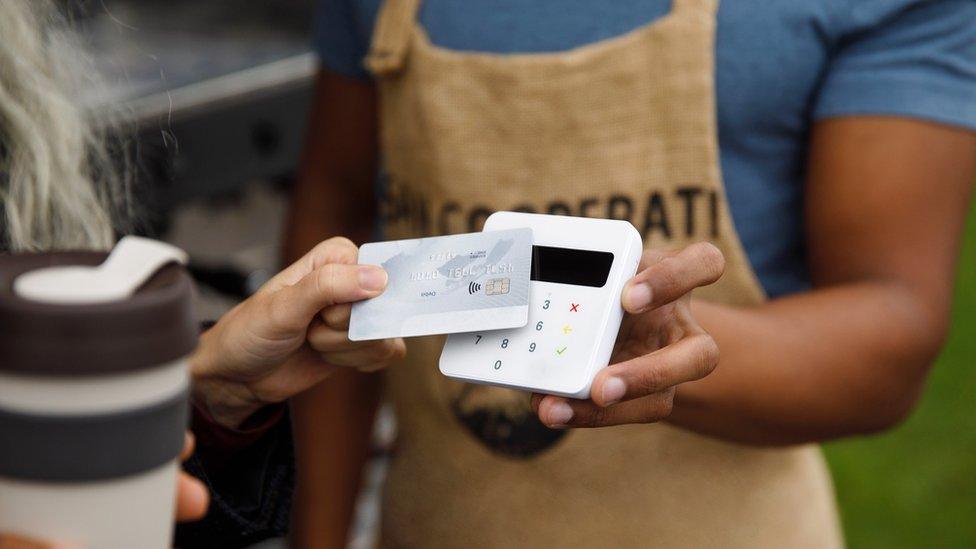
- Published17 August 2021
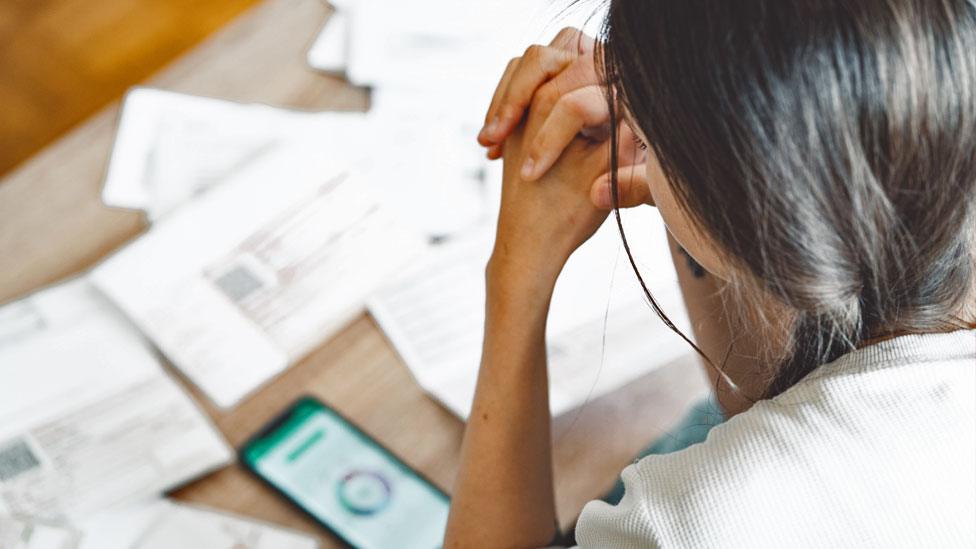
- Published30 July 2021
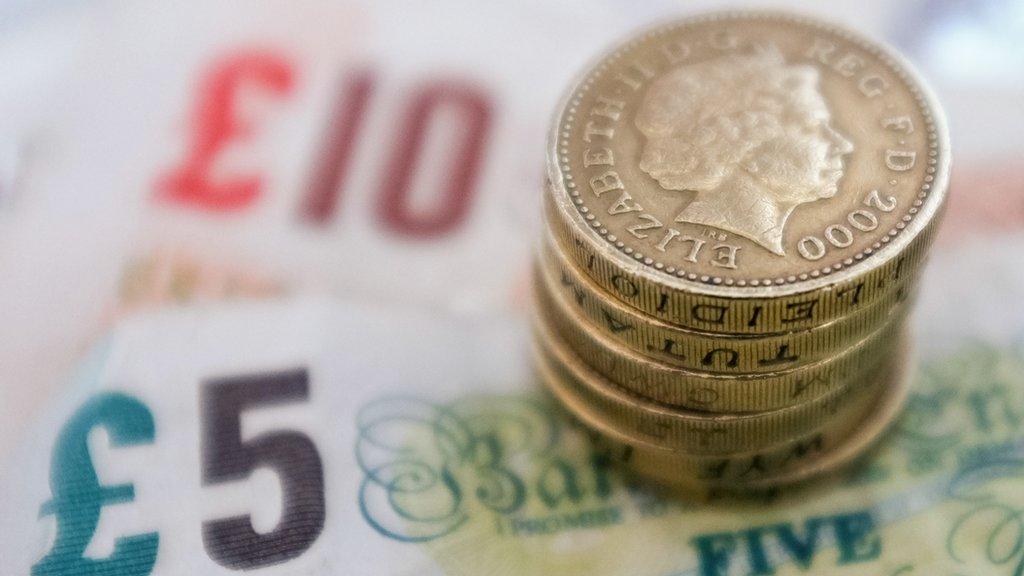
- Published1 July 2021
